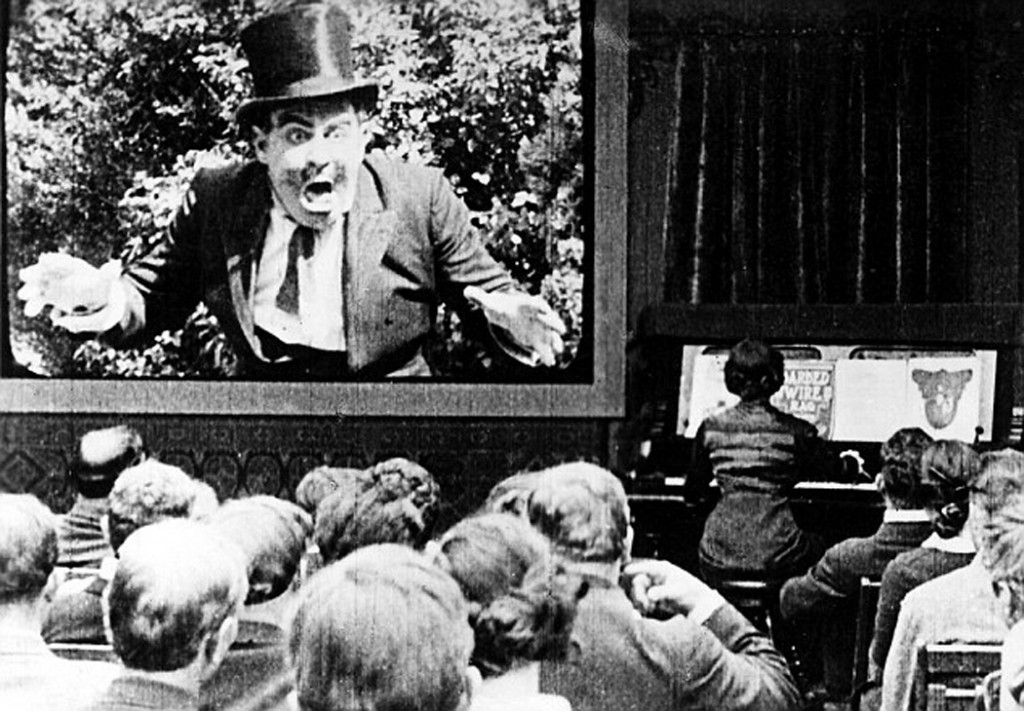 “Going to the movies over the winter break?” is a common enough question this time of year, but the curious thing is that if we asked:
“Going to the movies over the winter break?” is a common enough question this time of year, but the curious thing is that if we asked:
“Going to the talkies over the winter break?”

A Peer Reviewed Blog
 “Going to the movies over the winter break?” is a common enough question this time of year, but the curious thing is that if we asked:
“Going to the movies over the winter break?” is a common enough question this time of year, but the curious thing is that if we asked:
“Going to the talkies over the winter break?”
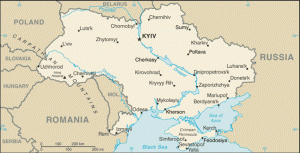
My colleagues and I at Culture on the Edge have argued that historical narratives, labels of identification, and sociological analysis often reflect the interests and assumptions of those producing the assertions rather than simple description. When our assertions focus on furniture advertising, analysis of the Nones or interpretations of frescoes, such assertions may seem benign. How do these analytical approaches operate when facing an international crisis such as recent events in Ukraine? Continue reading “What Do We Do With Ukraine?”
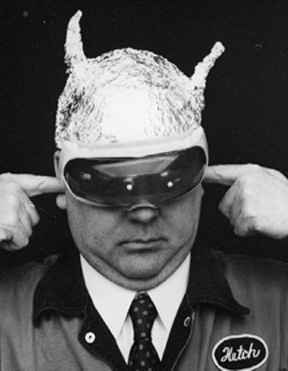
“When a group of engineers who can see the future meets a team at Goldman Sachs who can see potential…”
So starts a brief online add from a few years ago. If you’ve not seen it, take a look (but click the “Watch this video on YouTube” link, below, since it can’t be embedded). Continue reading “The Future is Now”

I’m testing a theory, if tomorrow’s present is yesterday’s future-not-imagined, then every present justifies its presence by clinging onto a past not considered previously, by which it will then imagine a different future and so on. Continue reading “Which Past Do You Authorize?”
 “Who Are You?” asks members of Culture on the Edge to reflect
“Who Are You?” asks members of Culture on the Edge to reflect
on one of their own many identities (whether national, gendered,
racial, familial, etc.), theorizing at the same time the self-
identification that they each chose to discuss.
Although we all have many identities my national identity is what comes first in mind especially now that I’m away from Greece. I suppose when you are asked to remember the first time you realized you were of a certain nationality is not that easy. I’m Greek! I was born in Athens and grew up in Thessaloniki and it sure fills me with pride when I’m asked to show around and talk about my ancient Greek heritage, which I see is of great interest to my North American friends and not only. Of course this pride has its ups and downs, especially when I’m asked about the current politico-economic situation in Greece…. Anyways! Continue reading “Who Are You? I’m Greek”
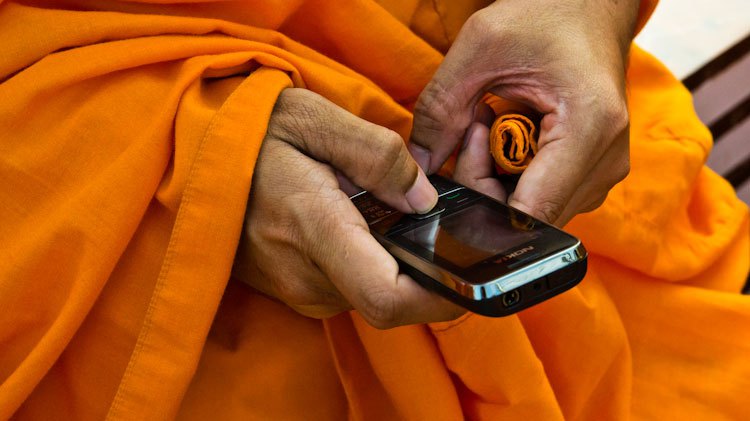
A graduating senior in our Department recently wrote a very nice blog post, for our Department’s site, on how disappointed a friend of hers, whom she had met while traveling in India, was when discovering a Buddhist monk using a cell phone. (Read her blog post here.) I posted a link to the article on a Facebook group devoted to the History of Religions — a group that, despite being some people’s preferred technical name for our academic discipline, has attracted a diverse membership. Someone in the group, having read the post, soon commented on how a monk with a cell phone was evidence of decay in religions. Continue reading “In the Eye of the Beholder”
“You have to admit, this is exactly what America would utilize cloning technology for.”
So said a food tester about Burger King, one of the major fast food chains in the US, which has recently introduced a new burger, the Big King, which is suspiciously like the Big Mac at McDonald’s — see for yourself. Continue reading “What About Bob?”
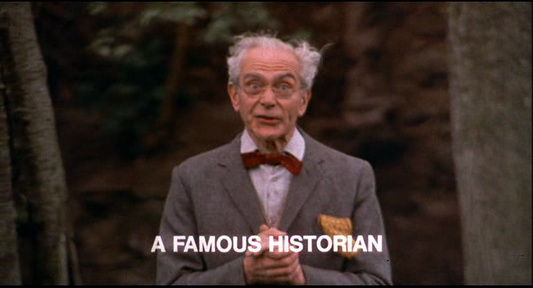
In a recent post I mentioned an upcoming paper I was presenting at a panel in Baltimore on explaining the causes of early Christianity’s origins. My concern in that paper, which I delivered a few days ago, was to draw attention to problems with attempts to account for the origins and development of any social movement — a critique that, for some in this one field, has already invalidated such things as quests for the historical Jesus. However, serious scholars yet persist in trying to account for the originary conditions of this thing we call Christianity.
The goal, of course, is to find out “what really happened,” as phrased by one person during the Q&A. Isn’t it? Continue reading “What’s Really Happening”
 A recent story on the sounds of New York in the 1920s brings up a curious thing — whether the past is more real when listening to it (or seeing it, in old movies or photos, for example) rather than just reading about it (whether in so-called primary or secondary sources).
A recent story on the sounds of New York in the 1920s brings up a curious thing — whether the past is more real when listening to it (or seeing it, in old movies or photos, for example) rather than just reading about it (whether in so-called primary or secondary sources).
Is the past somehow closer to us in one case than another? Continue reading “Hearing is Believing?”
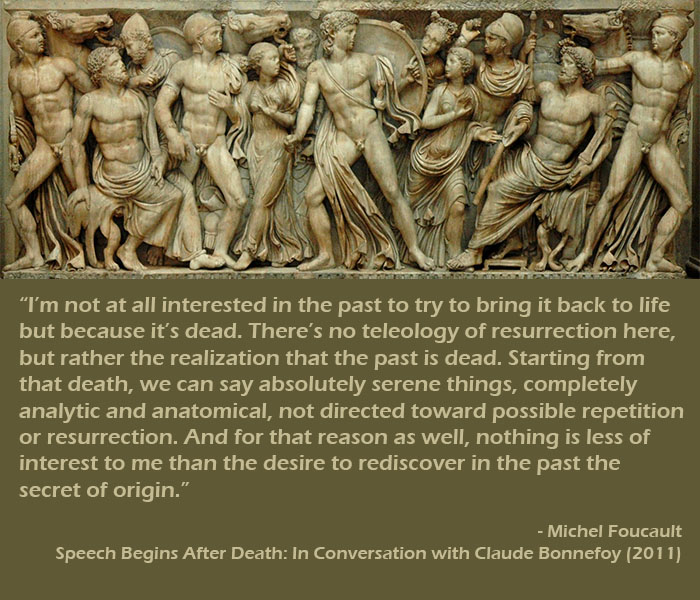 Learn more.
Learn more.